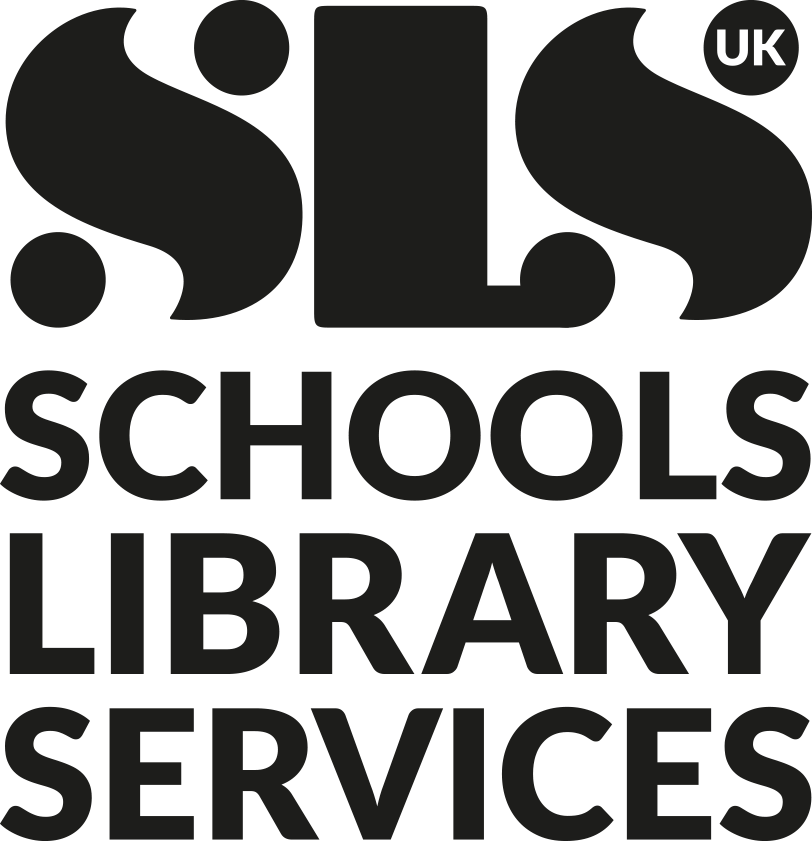Subject: Literacy
Topic: Non-fiction / reading skills
Year Group: Primary
Synopsis: Rachel Johnston, from Harrow SLS, outlines ways to make reading an adventure, linking the curriculum and information books, to help engage reluctant readers and develop a love of reading and learning.

Rachel Johnston
Harrow SLS
Librarian’s view:
How do we encourage children to read when they don’t enjoy reading? The answer is to turn reading into an adventure. By including information books in the curriculum and celebrating the range of fascinating non-fiction books, through special events in the school calendar, even the most reluctant reader can be tempted to explore books. Well-stocked and staffed school libraries have a vital role to play in encouraging reading for pleasure by providing a range of wonderful books for children to discover.
How often have you heard a parent sigh resignedly and tell you that their child, “Just isn’t interested in books”? Finding ways to engage reluctant readers, particularly boys, is a challenge that every teacher has experienced. While some children progress to find reading a source of excitement, opening windows of the imagination, there are usually some in each class for whom reading is a chore. If early experiences have taught these children that reading is hard work and that books are boring, there is no sense of motivation to encourage further reading or practice key learning skills. At a time when government statistics show that 25% of children are leaving primary school without having achieved the required standard in reading, it has never been more important to find books to spark joy for every child.
So how can we find books to tempt reluctant readers and to make their reading experience both rewarding and fun? The first step is to allow children time for discovery. We know that children benefit from the opportunity to browse and find out what they enjoy, so access to as wide a variety of reading materials and formats as possible is key to developing young readers.
A well-stocked, staffed school library and classroom reading collections are vital in providing access to quality books, particularly for children without a supportive home background. While stories, rhymes, myths and legends are a vital part of early language experience, and form the foundation of creative writing skills, we should find opportunities to celebrate other kinds of books. For example, encourage children to read poetry, plays and information books of all types.
If there are children in your class who only seem to be interested in information books and naturally avoid fiction, provide opportunities for reading adventures in the real world. With an increasing number of beautifully illustrated information books now available, many with interactive features that invite browsing, children are encouraged to explore new interests. Without realising it, they develop skills to access books demanding more sustained attention. True life tales of discovery and invention provide the ideal bridge between short factual presentation and longer narratives.
Information books can help all children to develop a love of learning, stimulating their natural curiosity about the world, themselves, and other people. If we want children to become enthusiastic learners, capable of handling a variety of different kinds of information, to have research skills to solve problems, and explore a diverse and rapidly changing world, we need to provide them with information books to enable them to become confident users of information resources of all kinds.
Celebrate the wonderful range of information books with special focus events, for example by encouraging children to take part in the School Library Association Information Book Prize: SLA Announces Shortlist for 2023 Information Book Award :: NEWS .
You can also follow the annual prize for children’s information books, or the Royal Society Young People’s Book Prize, as this can increase students’ confidence both in reading and give a boost to the key curriculum area of science and technology. https://royalsociety.org/grants-schemes-awards/book-prizes/science-book-prize/?gclid=Cj0KCQjw3JanBhCPARIsAJpXTx60df5VtEXru1JoPFGl7iV298pHiUy3e9v6yqjWW4_KvdtNF37E-egaAuV5EALw_wcB
Alternatively, plan your own events or use resources provided to celebrate National Non-fiction November, National Non-Fiction November – The Federation of Children’s Book Groups (fcbg.org.uk) which each year follows a different factual theme.
Websites:
School Library Association Information Book Award
SLA Announces Shortlist for 2023 Information Book Award :: NEWS
National Non-fiction November
National Non-Fiction November – The Federation of Children’s Book Groups (fcbg.org.uk)

